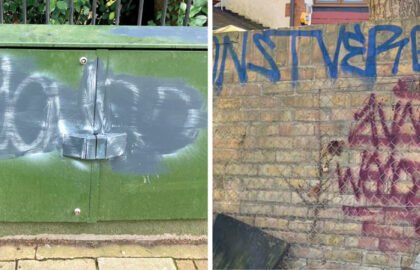Hollie Skipper from local solicitors Wiseman Lee takes a look at the issues surrounding property co-ownership and explains why some property owners may want to consider making a Declaration of Trust
When you own a property with another, a trust relationship is automatically created between you, and the rights and duties of each of you are set out in law.
However, co-ownership law is limited and will not record any personal agreement you may have made with your co-owner in relation to how you own the property, in what shares, what each of you will contribute and what will happen to the proceeds if the property is sold. If the property is held under a joint tenancy, in the event of the death of one of you, legal ownership passes to the other. However, if you both make a Declaration of Trust, then the law will step in to protect the terms that each of you agree.
Declarations of Trust are useful for couples who own a home together and wish to record their individual financial contributions to protect their interests in the event of a relationship breakdown, or for those providing financial assistance to their children or grandchildren for the purchase of a property. Individual contributions can be ring-fenced so that if the property is sold, the contribution is protected as much as possible. This will be largely dependent upon there being sufficient proceeds from the sale to discharge any mortgage.
A Declaration of Trust can record:
Each party’s financial contribution and the percentage split of ownership.
What each party will receive in the event the property is sold.
How much each party will contribute towards mortgage payments or outgoings.
The division of any rental income.
Specify that neither party can secure a debt or remortgage without the other’s consent.
Set out the terms and timescale if one party wishes to buy the other out.
You can create a Declaration of Trust even if you have owned the property in question for a long time, but there may be Capital Gains Tax implications when doing so. A declaration can also be prepared in conjunction with a new purchase and will be signed on completion.
Declarations of Trust are also useful for tax and estate planning. The legal owner(s) of a property can gift their interest by declaring they hold it for another. Although they remain the legal owner in name and continue to have some control over the property, it will fall out of their estate for inheritance tax purposes.
Declarations of Trust are a complex area of law and careful consideration and professional advice is required.




